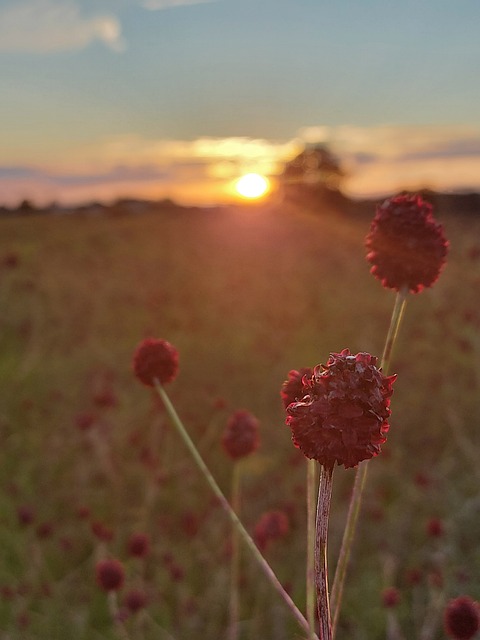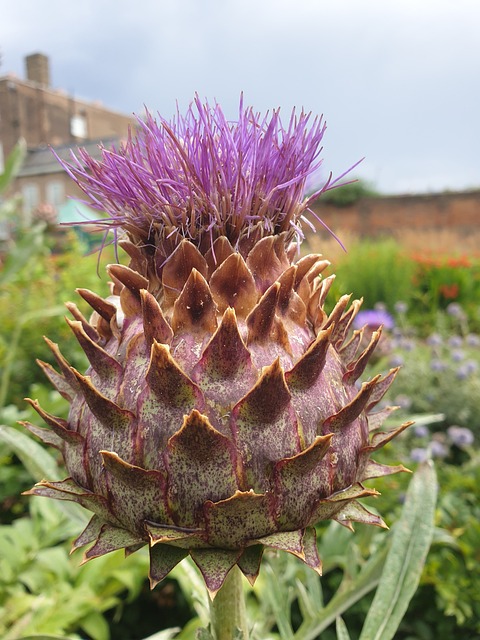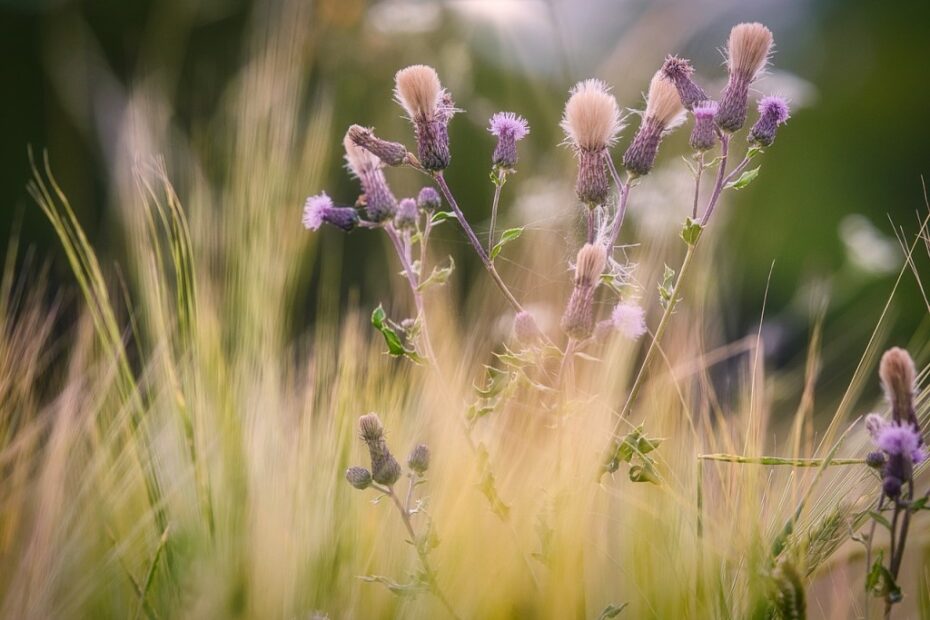Wildflowers are a beautiful and low-maintenance way to add color and life to your garden.
The Benefits of Wildflower Planting
Wildflowers attract pollinators, improve soil health, and require less maintenance than traditional gardens.
Choosing the Right Wildflower Seeds

Consider the climate and soil conditions of your area, as well as the specific look you want to achieve in your garden.
Here are some of the most popular wildflowers:
- Black-eyed Susan
- Wild indigo
- Wild columbine
- Daisy
- Coneflower
- Lupine
- California poppy
- Cosmos
- Shasta daisy
- Gaillardia (Blanket flower)
Preparing the Soil for Planting
Clear the area of debris and weeds, and till the soil to a depth of about 6 inches.
When to Plant Wildflower Seeds
The best time to plant wildflower seeds varies depending on your location and the specific types of wildflowers you are planting. In general, it is best to plant wildflower seeds in the fall or early spring.
How to Plant Wildflower Seeds
Spread the seeds evenly over the prepared soil and gently rake them in. Water the area thoroughly.
Caring for Wildflower Plantings
Keep the area well-watered during the first growing season and weed regularly.
Common Wildflower Species to Consider

Some popular wildflower species include black-eyed Susan, wild indigo, and wild columbine.
- Coreopsis
- Echinacea (coneflower)
- Zinnia
- Rudbeckia
- Bluebells
- Buttercups
- Pansies
- Poppies
- Queen Anne’s lace
- Wild roses
Please note that the popularity of wildflowers can vary depending on region and climate.
Adding Wildflowers to Your Lawn
You can also incorporate wildflowers into your lawn by using a seed mixture that includes both grass and wildflower seeds.
Conclusion
Wildflower planting can be a rewarding and easy way to add beauty to your garden. With proper preparation and care, your wildflower planting will thrive and bring color and life to your outdoor space for years to come.
Frequently Asked Questions (FAQs)
The best time to plant wildflower seeds varies depending on your location and the specific types of wildflowers you are planting. In general, it is best to plant wildflower seeds in the fall or early spring.
Clear the area of debris and weeds, and till the soil to a depth of about 6 inches.
Yes, you can incorporate wildflowers into your lawn by using a seed mixture that includes both grass and wildflower seeds.
No, wildflowers require less maintenance than traditional gardens. Keep the area well-watered during the first growing season and weed regularly.
Some popular wildflower species include black-eyed Susan, wild indigo, and wild columbine.
Yes, in general, it is best to plant wildflower seeds in the fall or early spring.
It depends on the specific wildflower species. Some are more frost-tolerant than others.
Yes, wildflower seeds can be planted in pots as long as the pot has drainage holes and the potting soil is well-draining.
Wildflower seeds can grow through mulch if the mulch is not too thick and the seeds are planted at the correct depth.
Yes, wildflower seeds can be scattered, but it is best to spread them evenly over the prepared soil and gently rake them in.
Some wildflower species can grow in partial shade, but most prefer full sun.
Some popular perennial wildflowers include black-eyed Susan, wild columbine, and wild indigo.
Some wildflowers that are poisonous include belladonna lily, foxglove, and larkspur. It is important to research the specific wildflowers you plan to plant and be aware of any potential toxicity.
